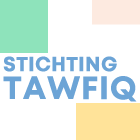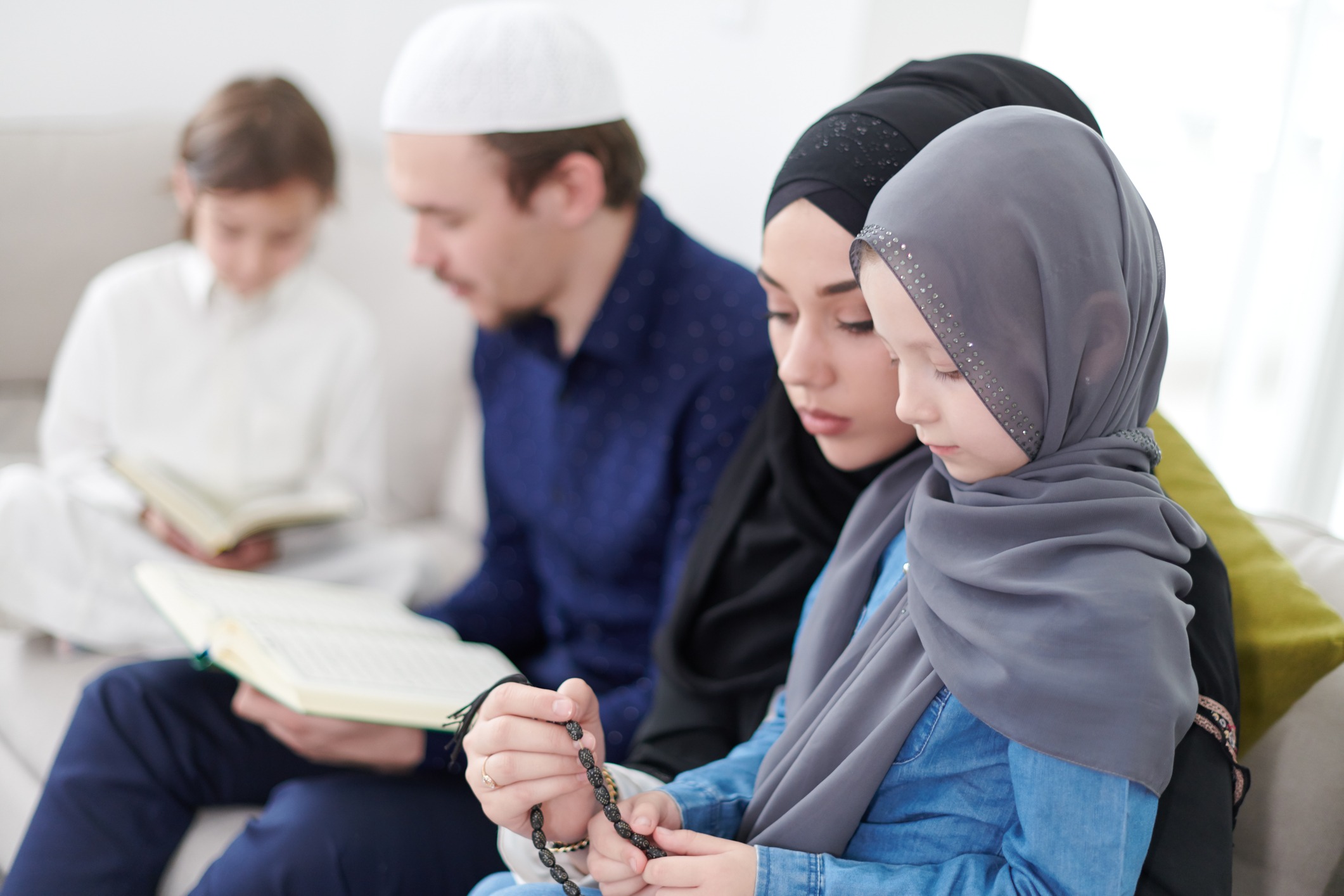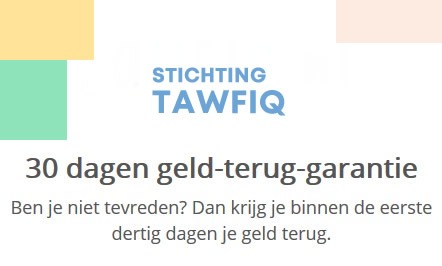-
Islamic knowledge, education and training
- How Islamic education teaches children to be respectful and show good manners.
- How Islamic education teaches children to treat their parents with respect.
- The various etiquettes recommended in Islam for children's behavior in public and at home.
- The role of religious stories and symbolism in teaching children good manners according to Islamic traditions.
- How parents can help develop honesty, integrity and responsibility in their children through Islamic parenting techniques
“Educating Good Manners and Etiquettes: Islamic Practices for a Better Future!”
In Islamic culture, it is important to raise children to good manners and etiquette. These practices are based on the principles of respect, dignity and reverence for others. The purpose of these practices is to help children develop values and norms that enable them to take responsibility for their actions. These principles are learned through various methods, such as reading religious books, listening to stories about prophetic figures, observing parents and other adults who demonstrate good manners, and through daily interactions with family members. Through these methods, children can learn how to behave themselves in different situations.
How Islamic education teaches children to be respectful and show good manners.
Islamic education teaches children to be respectful and demonstrate good manners through a number of principles. First, great emphasis is placed on the importance of showing respect for others, regardless of their age, gender or religious background. Children are also taught to treat their parents and other adults with respect. This means that they should listen to what the adult says and treat them with respect.
Secondly, a lot of emphasis is placed on the importance of good manners. Children are taught to always speak politely, dress neatly and observe rules of decency when communicating or being with other people. They also need to learn to express gratitude for everything they receive, such as food or gifts.
Third, Islamic education stands for tolerance towards other cultures and religions. Children need to understand that every culture has unique values that we can all appreciate and respect, no matter how different they may seem from our own. Tolerance towards other cultures allows us to gain greater understanding of each other's different perspectives on the world around us.
How Islamic education teaches children to treat their parents with respect.
In Islamic education, children are taught to treat their parents with respect. This stems from the fact that Islam places great value on family ties and respect for elders. Children are encouraged to honor their parents, show love and respect, obey them and support them in everything they do.
To teach children these types of values, Muslim parents often teach their children through exemplary behavior. They show you how to behave when talking to other people or how to respond when someone is angry or sad. They also try to teach their children clarity about different situations, so that they know what is expected of them in certain situations.
In addition, Islam teaches that it is important to always listen to your parents and listen to their advice – even if it does not correspond to what you want to do or think is right. Children are taught to always radiate honesty and sincerity towards their parents, as well as understanding each other's opinions and positions. They also learn how important it is to radiate tenderness and warmth towards each other - things that can help create a strong bond between parent(s) and child(ren).
The various etiquettes recommended in Islam for children's behavior in public and at home.
In Islam, children are encouraged to be respectful and polite in public and at home. Below are some etiquettes recommended for children:
1. Respect your parents: Children should always treat their parents with respect, follow their advice and obey them. They should also speak to them with love, even if they don't agree with what they are saying.
2. Be polite to other people: Children should always speak politely to other people, regardless of their age or social status. They should never shout or argue with other people in public or at home.
3. Be Grateful: Children should show gratitude for everything they receive from their parents, relatives and friendly neighbors by saying prayers and giving thanks whenever possible. This helps them teach honesty, appreciation and responsibility in children.
4.Be humble: Children are advised to radiate humility through moody reactions to situations that seem excessive rather than arrogance or pride.
5. Be tolerant: Children are advised to show tolerance towards other cultures, religious beliefs, racial group and so on. This helps create true acceptance between different group people.
The role of religious stories and symbolism in teaching children good manners according to Islamic traditions.
Religious stories and symbolism play an important role in teaching children good manners according to Islamic traditions. The Quran, the sacred text of Islam, contains many stories that can serve as examples for children to learn good manners. Moreover, the Koran also talks a lot about respect and tolerance towards other people.
In addition, there are also several symbolic elements used to help children understand what good behavior is. For example, the symbol of the crescent moon often symbolizes love, respect and tolerance. Religious figures such as Prophet Muhammad (peace be upon him) or other prophets from the Quran are also often used to help children understand what good manners are.
Finally, religious stories can also be useful in teaching values such as honesty, sympathy and compassion to children according to Islamic traditions. Through storytelling techniques, they can learn how to express their emotions honestly and treat their fellow human beings with respect. This can help them gain better citizenship skills that will be needed later in adulthood in whatever context or culture they enter.
How parents can help develop honesty, integrity and responsibility in their children through Islamic parenting techniques
Parents can help their children develop honesty, integrity and responsibility through Islamic parenting techniques. Here are some tips parents can use:
1. Give your children the space to make their own choices. Let them know that you are always there for them if they need help, but also give them the freedom to make their own decisions. This helps them learn to take responsibility for their actions.
2. Encourage your children to make good choices by giving them positive feedback when they do something right or make the right decisions. Let them know that you are proud of what they accomplish and that you are always there for them when they need help making good choices in life.
3. Teach your children about Islamic values such as honesty, integrity and responsibility by talking to them about this subject and purchasing books related to this subject that are suitable for their age groups. You can also summarize what the Quran says about this during family conversations or table training sessions at home.
4 . As a parent, also serve as a role model by always acting with honesty, integrity and responsibility towards others. Your children will then usually follow in your footsteps, giving them a better understanding of what is meant by these values. The conclusion is that raising good manners and etiquette is an important part of Islamic practices. It is an essential lifestyle that must be learned and maintained to ensure respectful, responsible and productive members of society. By encouraging good habits such as politeness, respect for others, tolerance and forbearance, children can be raised to become adults with high moral values.







